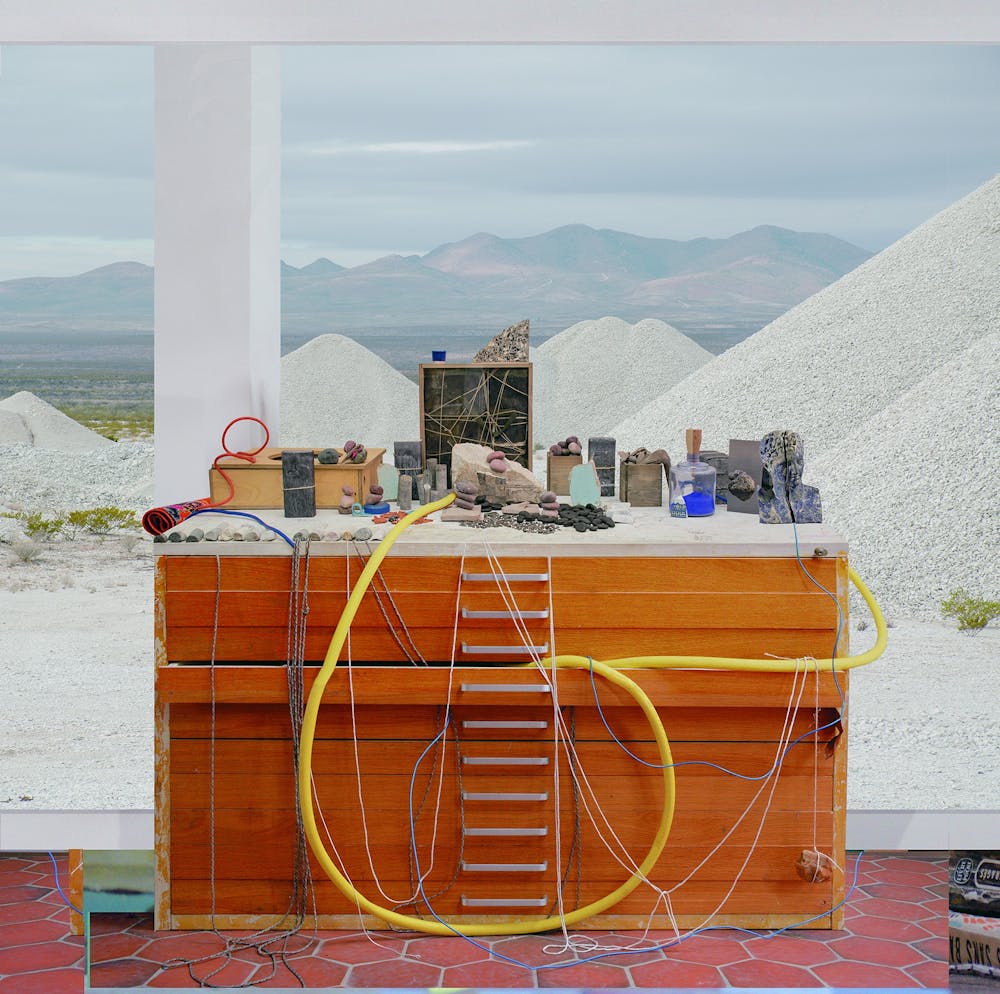Mary Mattingly grew up in an area served by polluted well water. Now, the Brooklyn-based artist spreads themes of climate change and sustainability through her art.
“I started making artwork about water, probably because the area I grew up in Connecticut had polluted well water, so we were aware of water issues in my family for a long time," Mattingly said. "I think from a young age it was on my mind.”
Mattingly will visit UNC to give a guest lecture on Thursday, Nov. 14, as part of the Hanes Visiting Artist Lecture Series. She will speak in Hanes Art Center at 5:30 p.m., and a reception will follow, according to a press release from the art and art history department.
When determining what artists would present, Gesche Würfel, art and art history professor, said the deciding committee felt that climate change and sustainability were important topics to address in the lectures.
“I think we need to address (climate change) everywhere," Würfel said. “A lot of my students are really afraid of the future, and I think through art, one can engage the public in a different way than bombarding them with data.”
Mattingly agrees that art can be used to actively make change and said she sees her art as a different type of language that can be used to tell stories and question the status quo.
“I think of artwork as a very particular set of tools and a different type of language,” Mattingly said. “I think that it’s really important to question the status quo, whatever that is, with artwork. I think in my case, I’ve really driven to reconsider food systems, water systems and what it means to have working common spaces.”
One of Mary’s most well-known pieces of art is Swale, an edible landscape on a barge in New York City that is being used to find loopholes in New York’s public land laws.
“The point of (Swale) was to reconsider what the common spaces in New York City could be used for, so specifically public parks,” Mattingly said. “If that project went well, it could be a template or a test space for something to change in the city, and that’s a product I’ve been working on for over three years now and it looks like it’s making small changes in the city.”



